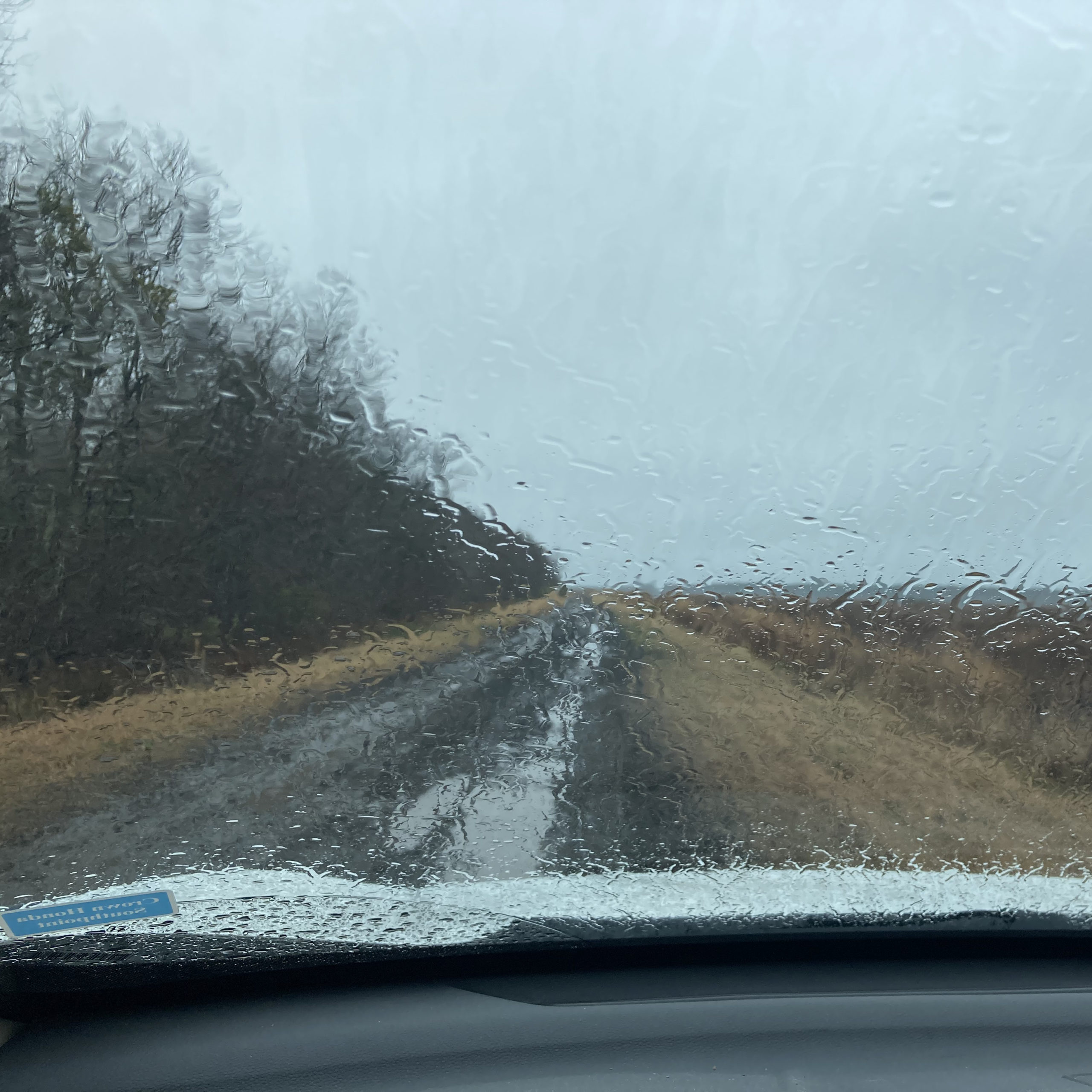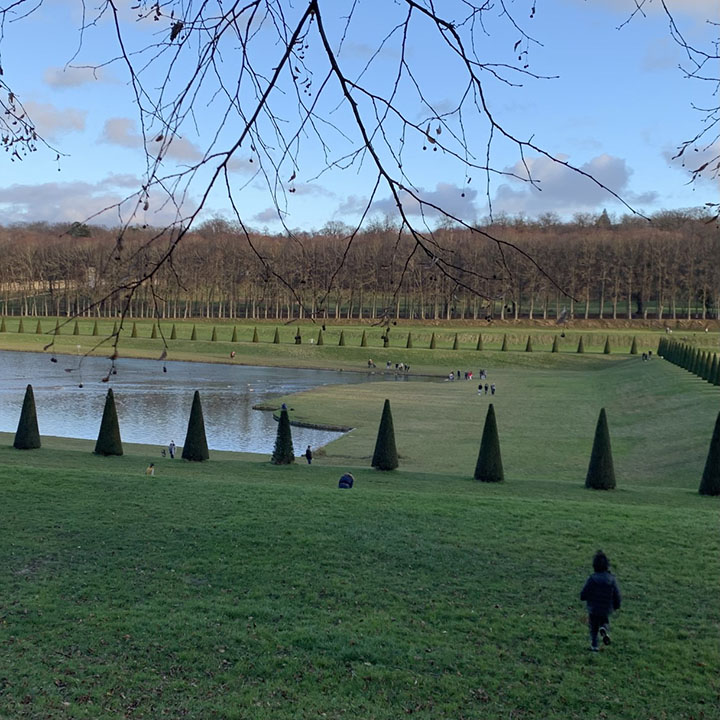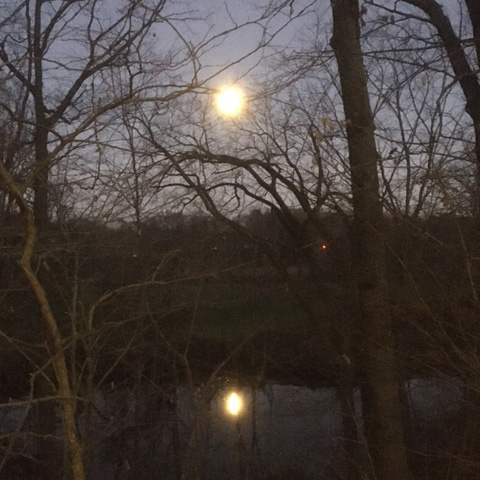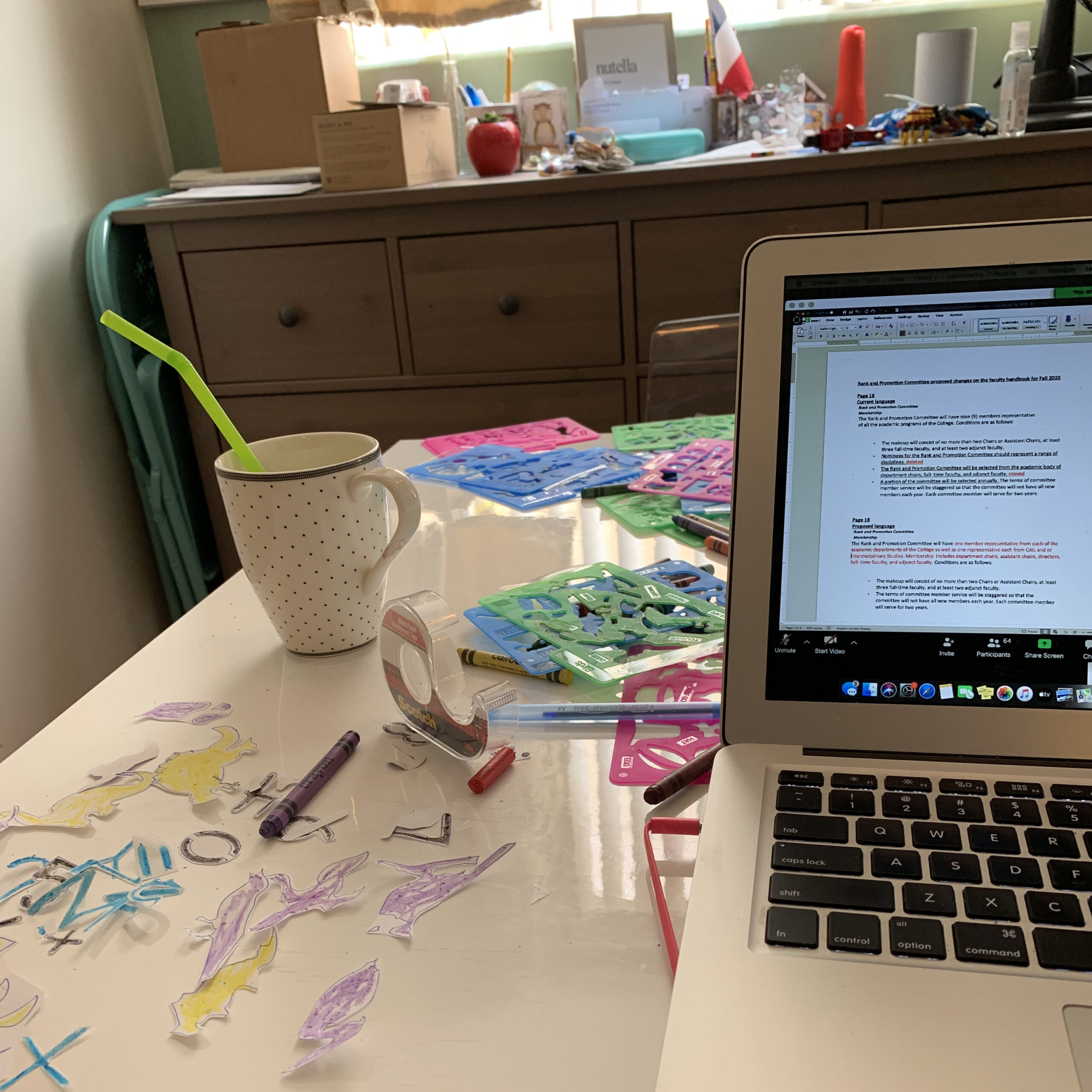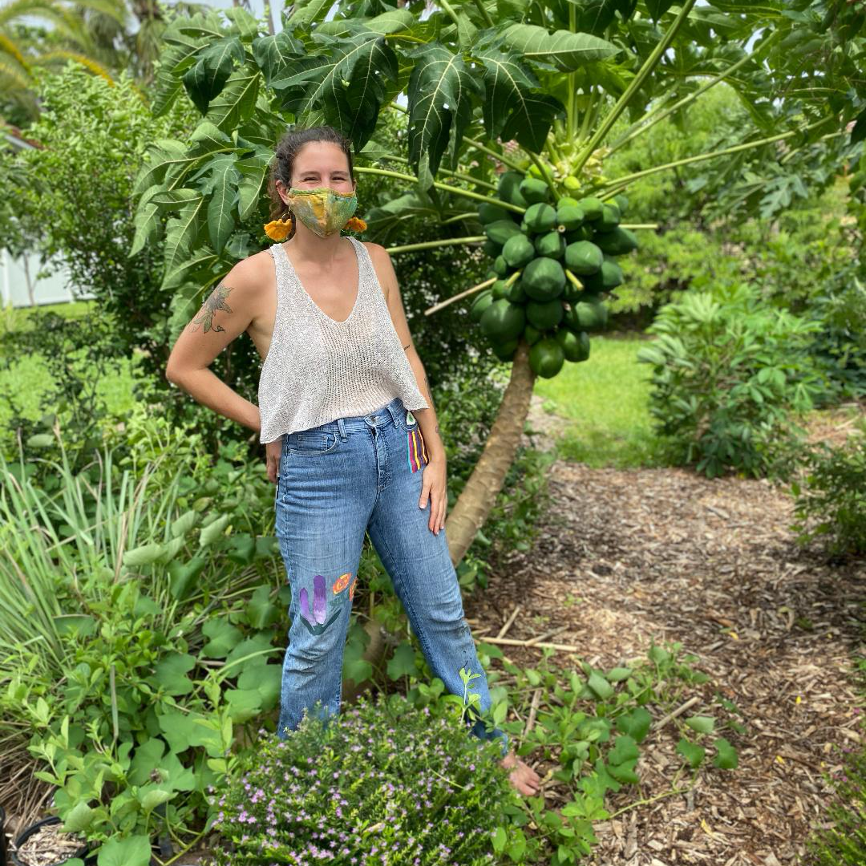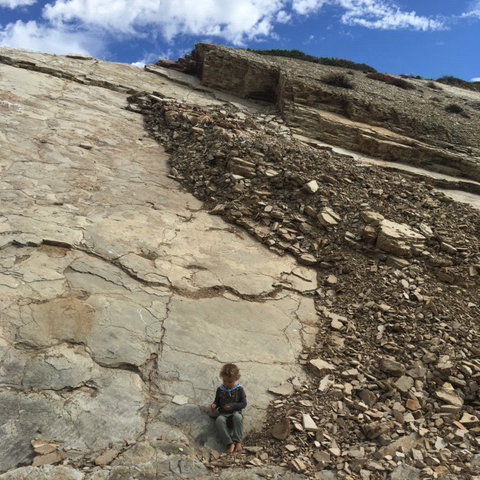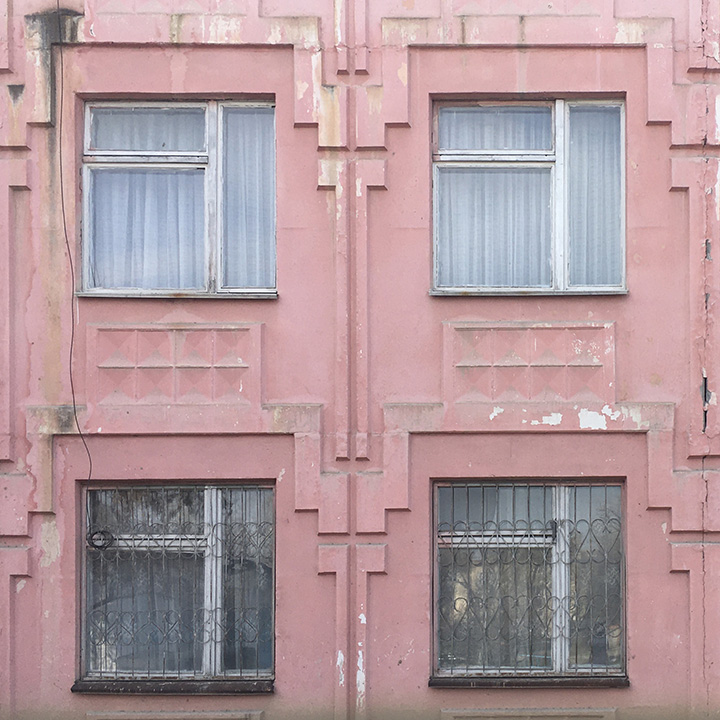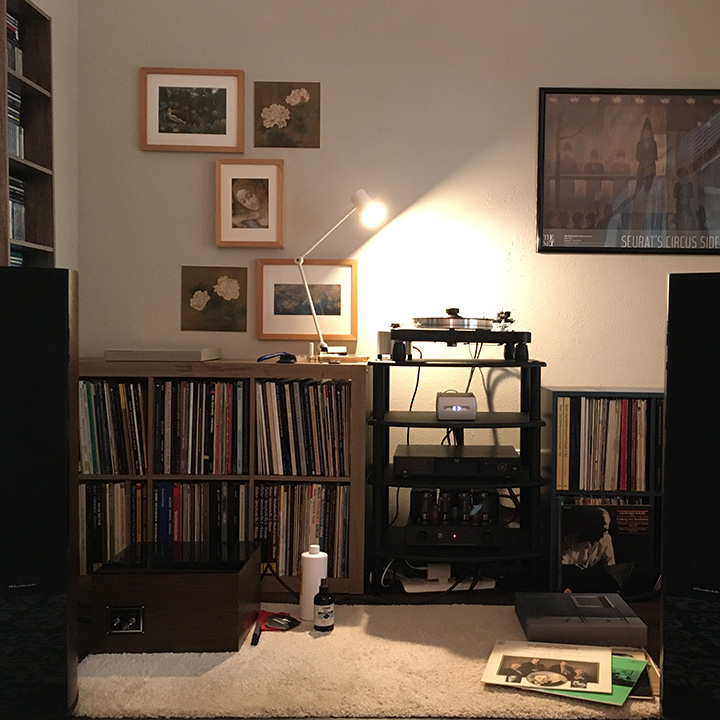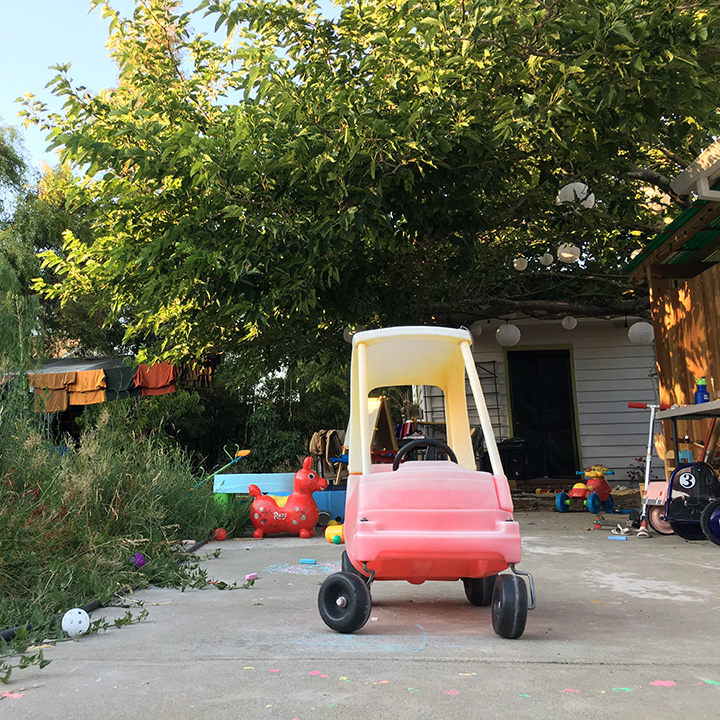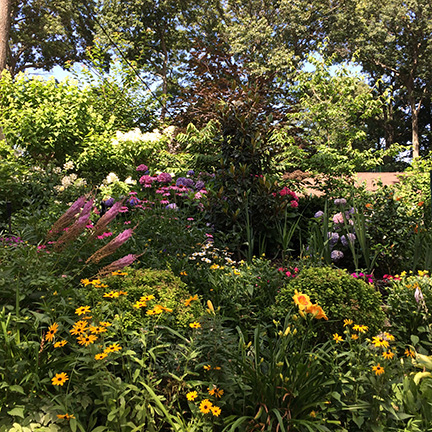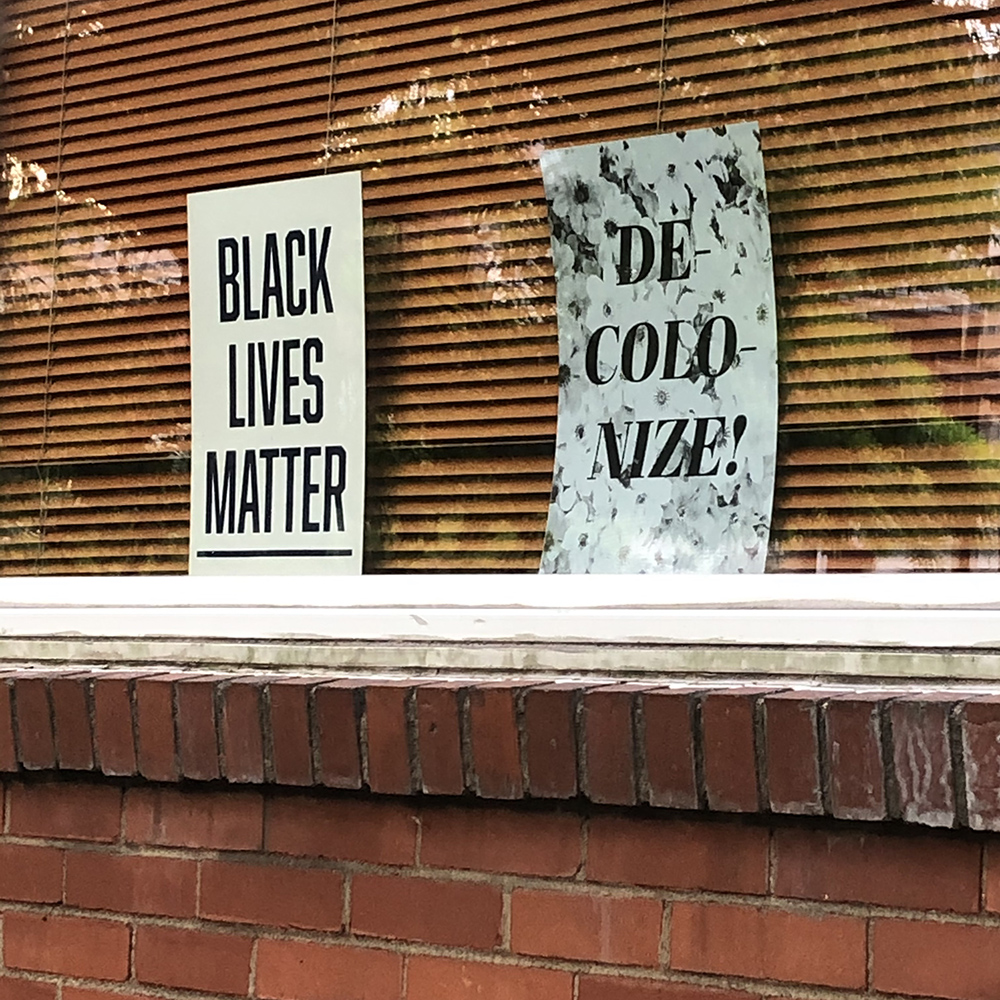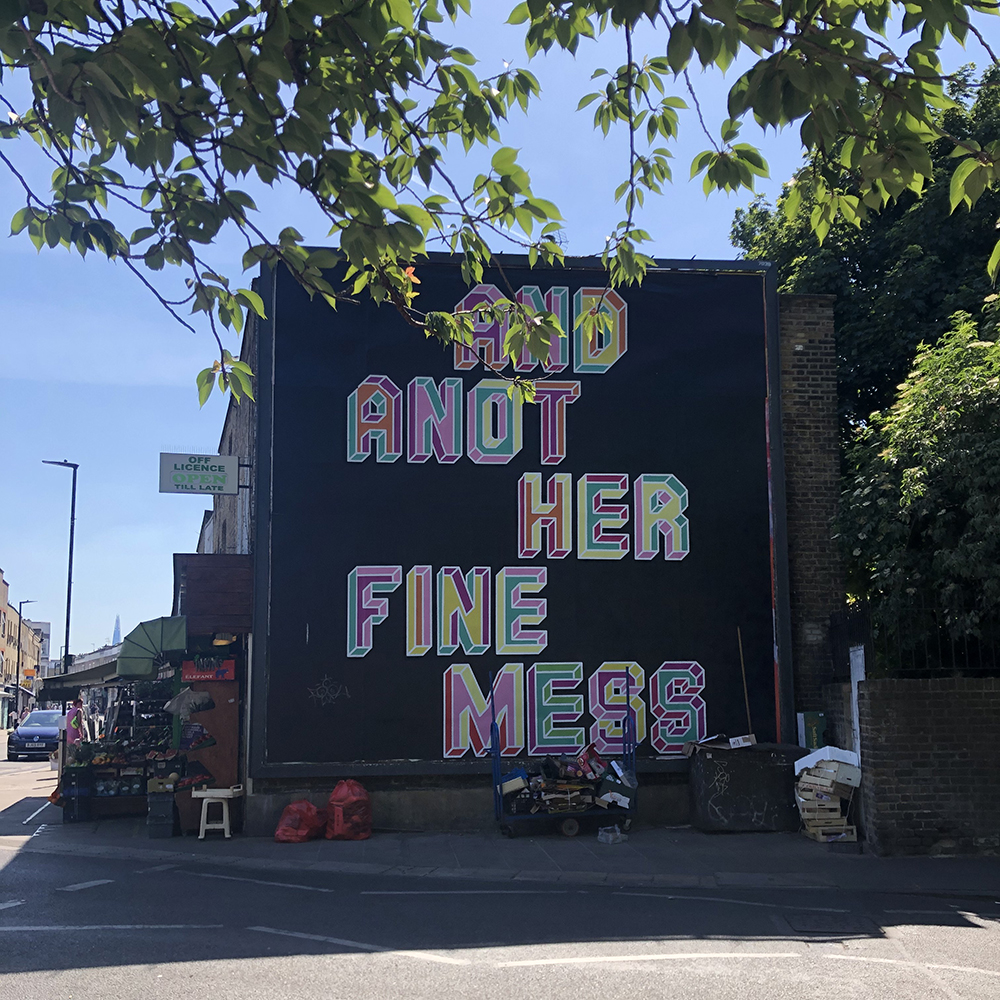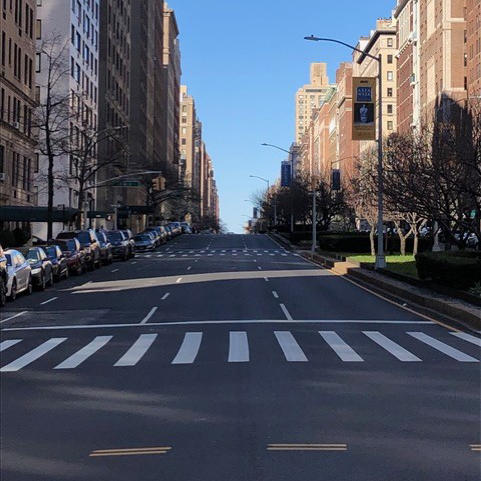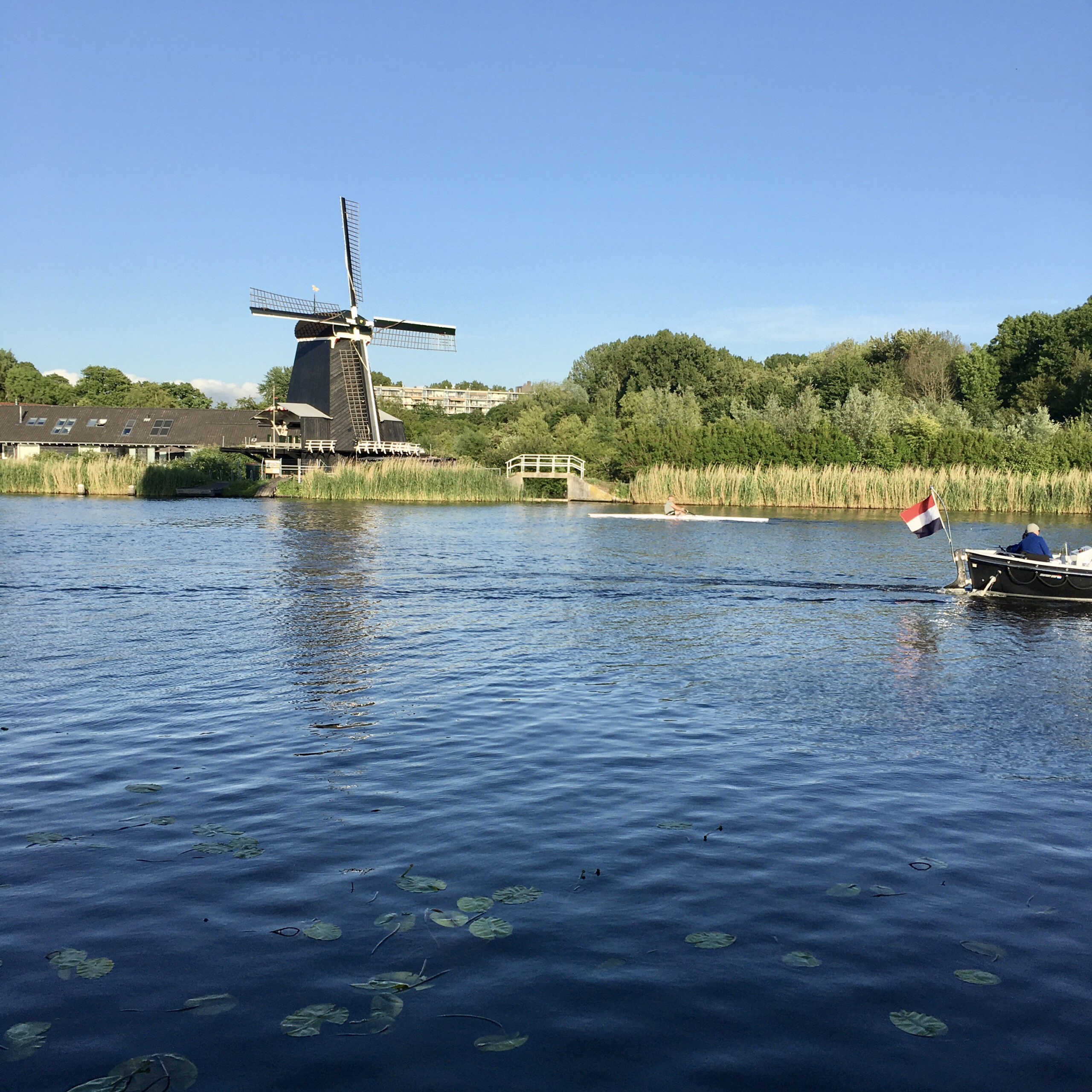Bishkek, Kyrgyzstan
by Erica X Eisen
Leaving my apartment building in Bishkek for what I knew would be my last walk in the park for a very long time, the thought struck me forcefully that the world was out of step with itself, that the rhythms of nature and human events had come increasingly unglued from each other and were now proceeding not just along different paths but in opposite directions.
With the announcement of Kyrgyzstan’s first coronavirus cases in March had come a rapid succession of closures—concerts, schools, borders—and, with them, a deepening feeling of unease that hung over us like a stormcloud. As I made my way through cat-haunted courtyards en route to Walnut Park, the old women who usually hung their washing to dry on the play structures were nowhere to be seen, their grandchildren called inside by an unseen parent, who now stood perhaps at the window of their apartment, worrying the edge of the lace curtain absent-mindedly and thinking how much easier it would be if the object of their fear were something visible.
Yet, against this feeling of trepidation, there was the strange fact that it was spring at last, the first truly lovely day we’d had after a long winter. The sun shone with a blithe intensity, the first delicate leaf buds had begun, tentatively, to unfurl. The cherry trees were in a state of flushed bloom, such as I had never seen in Bishkek, setting off the candy-pink walls of the schools that bordered the park. But the schools themselves stood empty and silent, with no one inside them and no one at play. Against this backdrop, it was difficult not to find something almost cruel in the springtime splendor that unfolded all around me without a thought for the human dramas playing out beyond the borders of the park.
The route I traced on my way home took me down streets lined with honey-sellers, egg-sellers, bakers. There was the cheese stand whose owner labeled his wares in a lovely looping hand; there were men selling apples and fish out of the trunks of cars. With the impending lockdown transport would be shut down and bazaars closed, roads blocked and movement between districts halted, and these small merchants, if indeed they were not forced to stay home, would find themselves presenting their goods to deserted streets. What would become of these people at the other end of this disaster?
It was the eve of Nowruz: across Kyrgyzstan, families were preparing for the new year festival, and tables were being laid with fried dough balls and sweet grain soup. New clothes had been bought, floors mopped, and cobwebs cleared away, windows opened for the sun and the birdsong. It was a time of birth and rebirth, the old swept out and the new embraced. But if the normal rhythms of springtime were familiar, virtually everything else before us was unknown. As the old world departed, what was departing with it? And what, I could not help but wonder, was contained in the world to come?
Published on July 31, 2020

